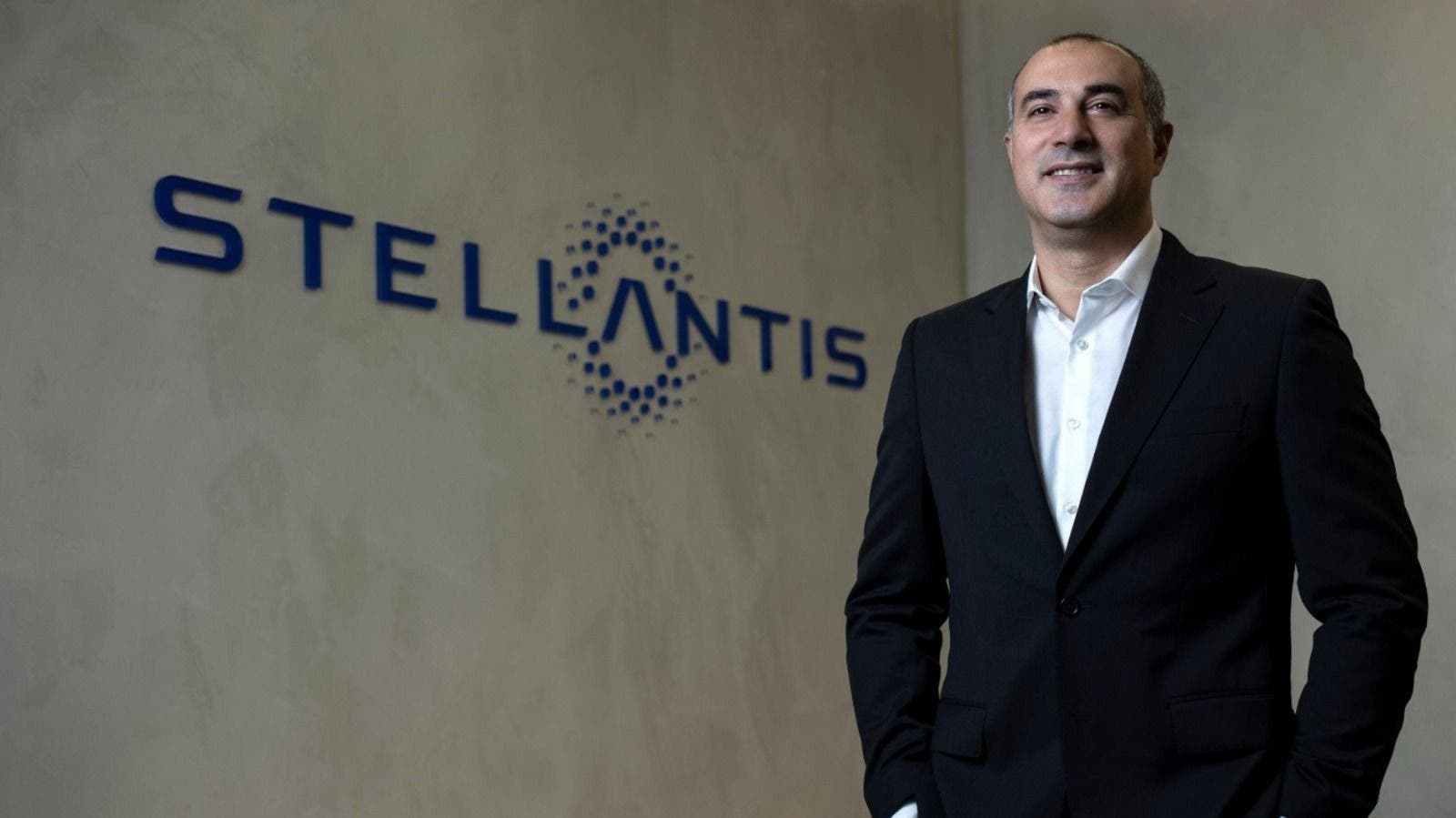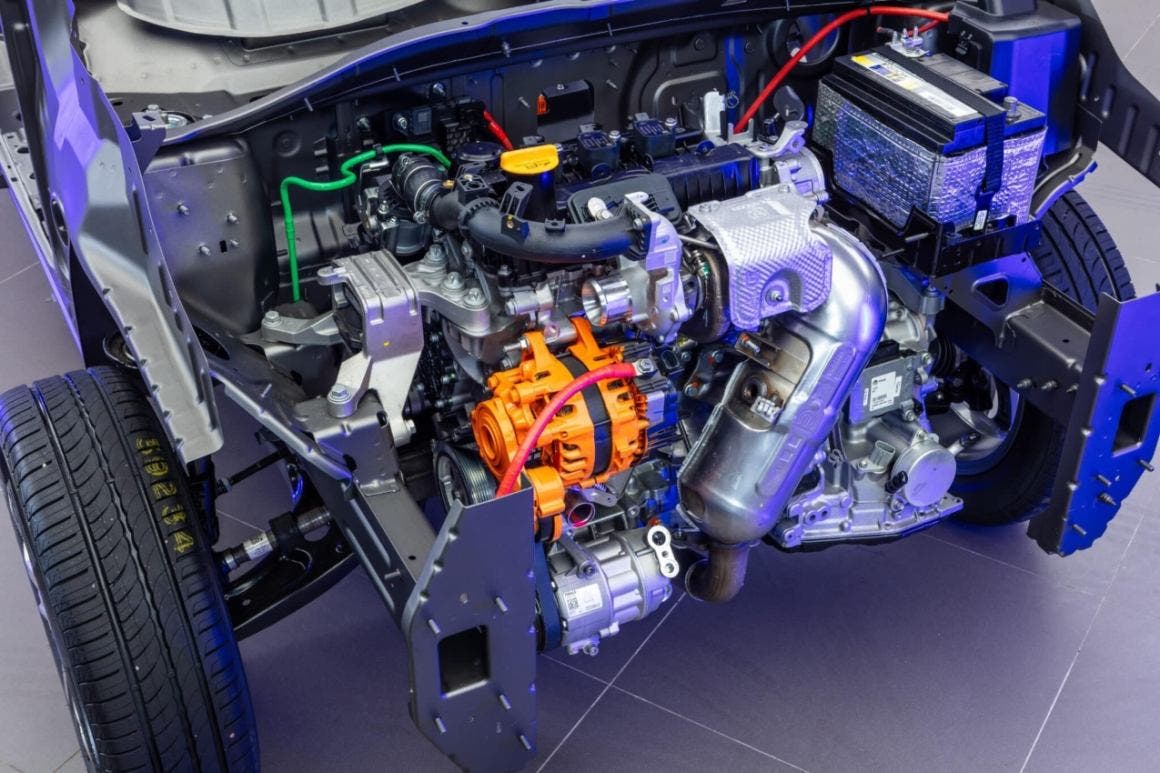Stellantis has been developing a turbo engine capable of running exclusively on ethanol, but its launch is on hold for the time being due to low customer demand. However, the company remains open to future opportunities, especially for use by corporate fleets to achieve decarbonization goals.
100% ethanol engines: Stellantis ready, but awaits demand
Stellantis has developed an innovative turbocharged engine, called E4, capable of running exclusively on ethanol, a biofuel derived from renewable sources.
The E4 engine, based on the turbocharged GSE series engines, is designed to run exclusively on ethanol, avoiding the common problems of flex engines through specific tuning. It has a compression ratio of 13.5:1, significantly higher than the 1.0- and 1.3-liter turboflex engines, similar to that of the 2.0 turbodiesel engine used in some of the Group’s models, such as the Jeep Commander.
However, although the technology has been ready and tested since 2019, the market launch of the E4 engine is still pending. The main reason is the lack of significant customer demand at this time.

Emanuele Cappellano, president of Stellantis in South America, explains, “We detect some interest from some customers, but not yet a strong demand for the pure ethanol engine. If the situation changes, we are ready to go: the technology is already in place and therefore would not require a long development time.”
Although the technology is ready and Stellantis does not rule out a future launch, that decision will depend on evolving demand and decarbonization strategies. Although demand from individuals is currently limited, Stellantis anticipates potential interest from companies in using ethanol engines to reduce CO2 emissions.
The company is also considering pairing the E4 engine with micro hybrid or conventional hybrid electrification systems to further improve efficiency and sustainability. The E4 engine represents a breakthrough in biofuel technology, and Stellantis is ready to respond to market needs when demand grows.
Stellantis by developing this innovative engine capable of running on 100 percent ethanol demonstrates its commitment to sustainable mobility. While commercial launch is currently on hold, the technology remains available and ready for use when demand and market conditions are favorable.

